I know that many of you have already purchased my newest eBook from Amazon, but if you don’t have Kindle (or the Kindle app for a different device), I am happy to announce that The Re-Justification of God is now available on the following platforms:
- Google Play
- Apple iTunes
- Barnes & Noble
- Amazon
So if you haven’t bought The Re-Justification of God already, but want to get it for your Apple or Android device (or whatever else you have) feel free to get it from one of the platforms above.
And hey, if you have already bought and read the book, would you mind leaving a review of it on Amazon? (#AmazonAdLink) Go here to leave a review. Even 2-3 sentences would work. Thanks!


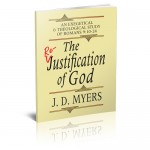



 I wrote the
I wrote the 
 As
As 


 Maybe I should be charging $97 for this training, or maybe $997. I certainly spent enough time on these videos to make them worth this much. There are currently 15 videos in my “Start Blogging Series” and these 15 blogging tutorial videos took me hundreds of hours to complete. I could, with a good conscience, charge a couple hundred dollars for this blogging training series.
Maybe I should be charging $97 for this training, or maybe $997. I certainly spent enough time on these videos to make them worth this much. There are currently 15 videos in my “Start Blogging Series” and these 15 blogging tutorial videos took me hundreds of hours to complete. I could, with a good conscience, charge a couple hundred dollars for this blogging training series.




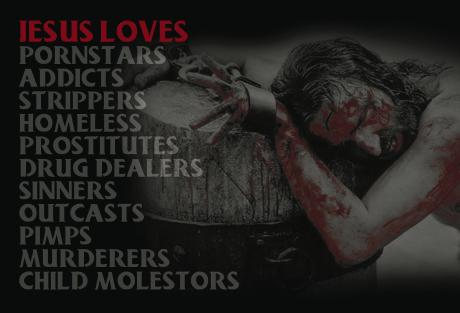 Well, I’ve got news for you. If you have friends, you are already friends with sinners.
Well, I’ve got news for you. If you have friends, you are already friends with sinners.
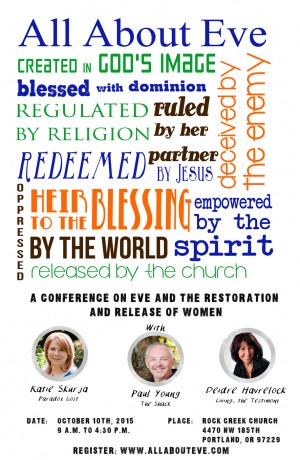
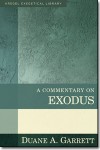
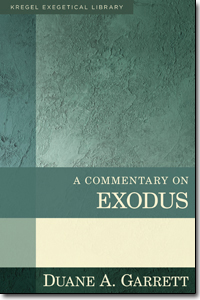


 I have a 25 minute commute to work. Sometimes I listen to Conservative Talk Radio, but when I am looking for something with a little less doom and gloom, I listen to Podcasts.
I have a 25 minute commute to work. Sometimes I listen to Conservative Talk Radio, but when I am looking for something with a little less doom and gloom, I listen to Podcasts.
 Western theology has committed a terrible disservice to this imagery of a potter and clay by making it seem as if God is a deterministic puppet master up in heaven pulling the strings of people and nations down here on earth.
Western theology has committed a terrible disservice to this imagery of a potter and clay by making it seem as if God is a deterministic puppet master up in heaven pulling the strings of people and nations down here on earth.
 And what makes one vessel clean or unclean? As H. H. Rowley pointed out above, God allows humans to determine what kind of vessel they will be, and then He uses those who have made themselves vessels of dishonor.
And what makes one vessel clean or unclean? As H. H. Rowley pointed out above, God allows humans to determine what kind of vessel they will be, and then He uses those who have made themselves vessels of dishonor.